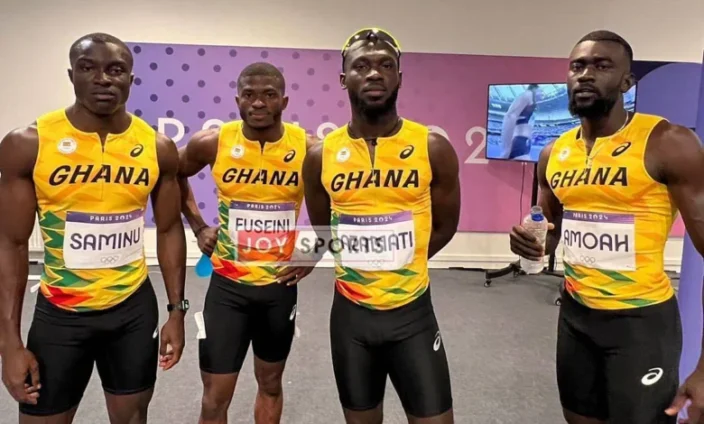Loud cheers and applause echoed around the stadium as the world watched Australian Eleanor Patterson triumphantly pump her fists after clearing 1.95m in the Paris Olympics women’s high jump final.
It was a moment of pure joy for Patterson, but for many Ghanaians, it was a bittersweet reminder of what could have been—a painful "what if?"
What if Ghana’s own Rose Yeboah had reached the final? Just six weeks before the Games, she had cleared a height 2cm better than the Olympic bronze medal jump. So, what went wrong?
The Paris Olympic Games have ended, and it was yet another abysmal showing by Team Ghana.
First-round exits in four out of five events left Ghanaians disheartened, though sadly, it was expected.
In today’s highly competitive world of sports, raw talent alone isn't enough in modern-day sports. Without consistent and deliberate efforts to develop and hone an athlete’s skills, they’ll have low chances of success.
It’s science, not magic.
Yet, every four years, Ghana repeats the same mistakes, expecting different results.
Granted, there are times some surprises spring up, but consistency in results is the true reflection of the quality of preparation.
Charlie Batch put it best when he said, “Proper preparation prevents poor performance.”
In this country where you and I were born, it appears we or should I say leadership have cultivated a culture of hanging on to the surprise element in the sport, relegating Mr Batch's wisdom to the dustbin.
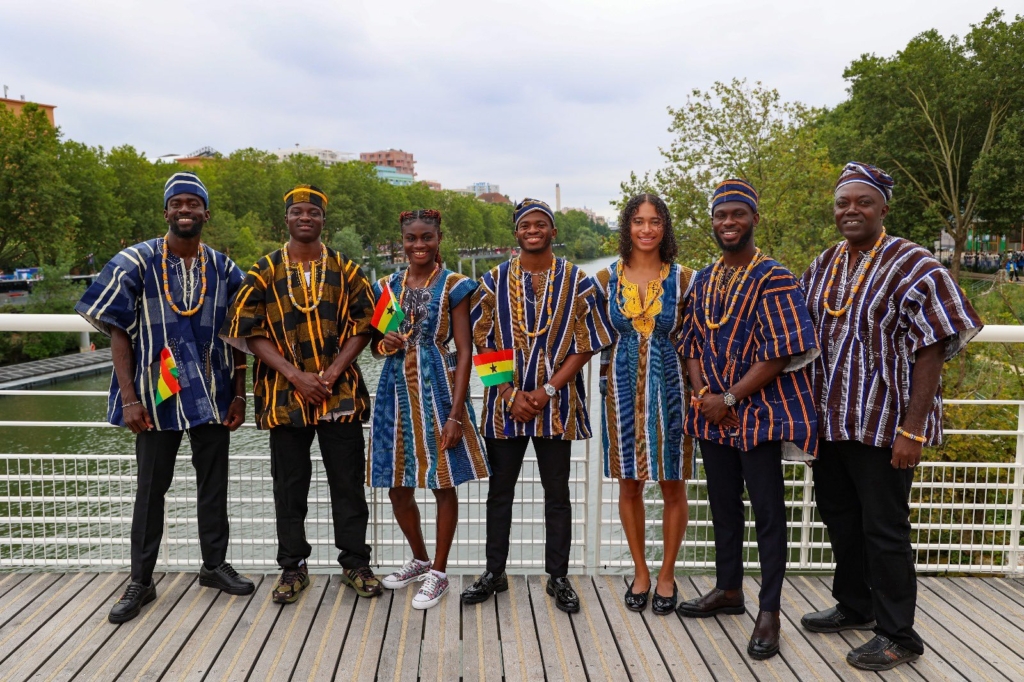
I know they will disagree, but if they haven't, why has Ghana fallen into the habit of preparing for the Olympic Games only weeks before the event—a strategy that simply won’t cut it at the elite level?
Rose Yeboah returned to Ghana, days after setting the new national record of 1.97m, and proceeded to Douala for the African Athletics Seniors Championships, where she won gold, clearing the bar at 1.90m.
Every major competition this 22-year-old had been to, she returned with gold. That 1.97m made her the first Ghanaian woman ever, to qualify for the Olympic Games in Ghana’s history.
With her trajectory, any forward-thinking leader would have known that she was a potential medalist, but guess what, when she returned to her motherland in the most crucial six weeks of what looked like a promising Olympic debut campaign, she had to spend those days in Cape Coast without the coach who had helped her reach those heights.
The reason? There was no money to fund the coach’s inclusion in Team Ghana’s officials for the Games.
This tale is synonymous with other Ghanaian athletes every Olympic year.
Incredibly, when it was time for high-ranking government officials to make the trip to Paris as mere spectators, the funds suddenly appeared.
Ghana has never lacked talent. Benjamin Azamati, the nation's fastest man, set a national record of 9.90s in 2022, during his time at Texas A&M University, aged 24, only to see his career stagnate after graduation due to funding and access to quality coaching and training facilities.
These are not just isolated cases but part of a larger, systemic failure.
Other nations have shown that timely state involvement can change the course of an athlete’s career. The stories sound similar in the beginning, but due to the direct and timely involvement of their states, their outcomes differ.
Take Saint Lucia, for example, which had never won an Olympic medal before Paris 2024. This Island of just 179, 857 people as of 2022, claimed gold and silver medals, thanks to one woman, Julien Alfred.
World Athletics described her feat, as a small nation with big talent. Ghana has it, too, but it's how these talents are treated here.
When Aflred began showing immense promise in the years leading to Paris 2024, she was granted a diplomatic passport as well as budgetary support by the St Lucian government, to aid her preparation for the Olympics.
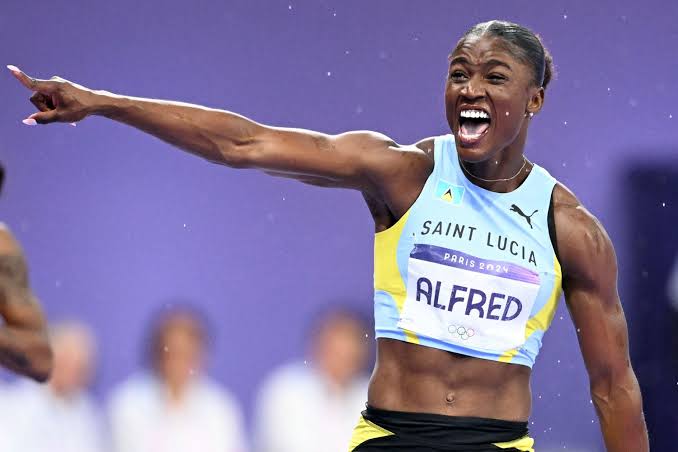
Representing the heart and soul of the St Lucian people, her countrymen and women watched her claim gold on giant screens at various parks, cheering as though they were in the stadium. A truly breathtaking spectacle.
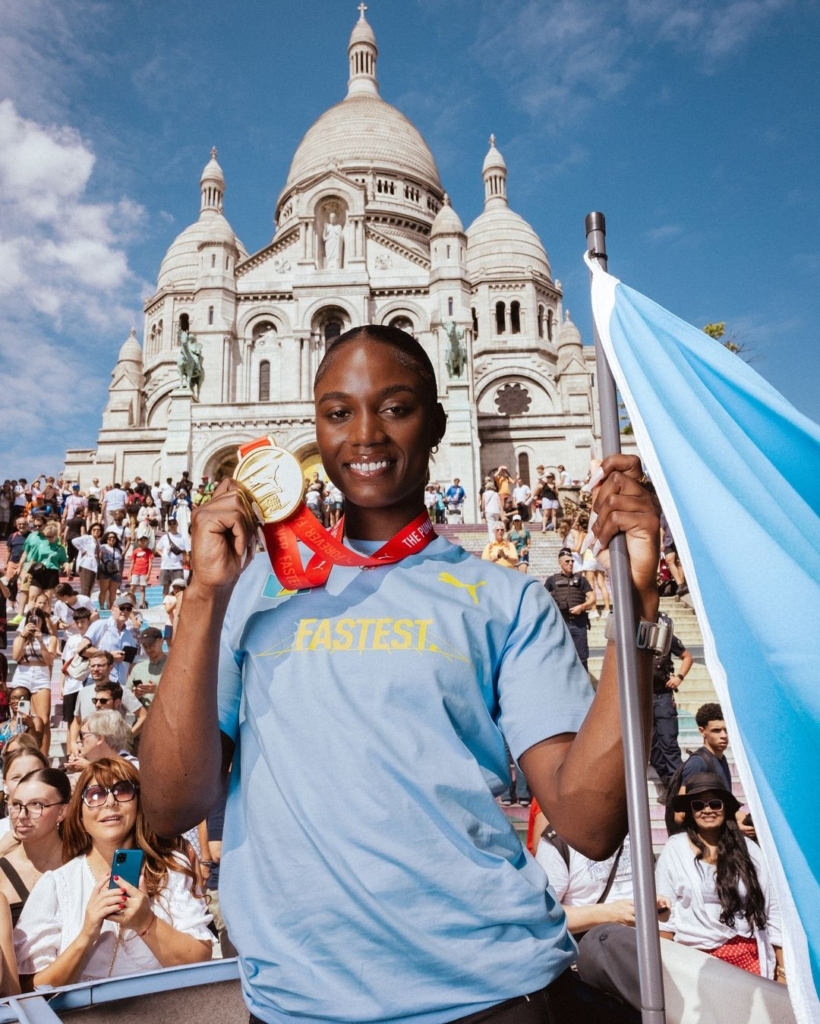
With good planning and preparations, they reaped its benefits.
If Ghana to St Lucia is about 6,705km away, Botswana is just about a third of that journey. That southern African country also serves as a shining example.
From the moment athletes qualified for the Paris Olympics, they were put on a $615 monthly stipend from the state of Botswana for qualifying for the Olympics, as well as a qualification bonus of about $2,500 and an appearance fee of about $400.
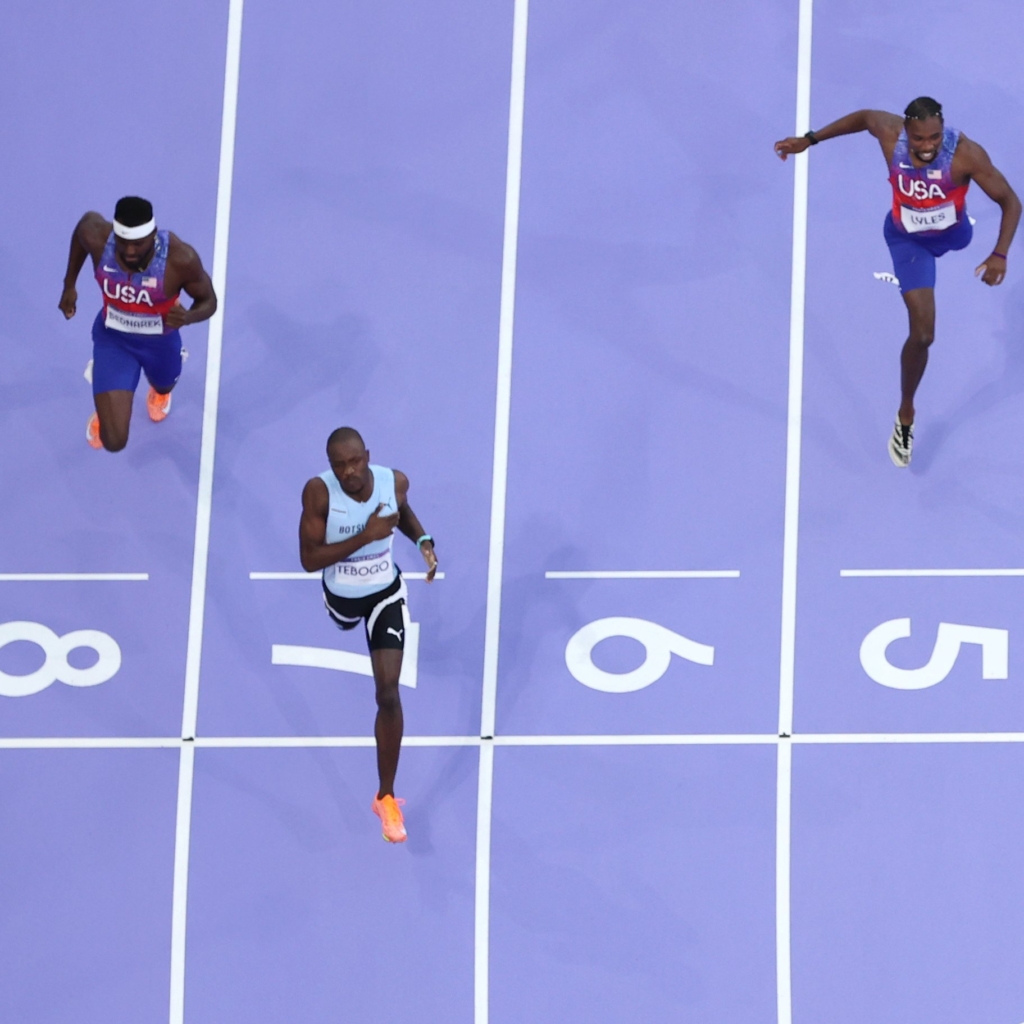
The result? A gold medal in the men’s 200m, courtesy of Letsile Tebogo, and a silver in the men’s 4x400m.
These stories illustrate the critical importance of state incentives, especially in track and field.
Ghana must move beyond mere participation in these games. The potential for winning medals is there; what’s missing is a radical change in approach—one that involves consistent and deliberate planning and funding.
Taxpayers will place more value on a Ghanaian athlete offering genuine competition for medals at the Olympics, than setting high-ranking government officials present at the games, cheering on their behalf.
Latest Stories
-
Kounde strike wins Copa del Rey final for Barcelona
3 hours -
Is NPP crying more than the bereaved in the Chief Justice saga?
5 hours -
“Elements within NPP worked against me for supporting ‘Ken must go'” – Cynthia Morrison
5 hours -
IMF Boss commends finance minister for strong commitment to economic reform
6 hours -
Cynthia Morrison advises Ghanaian women to diversify their skills to build wealth
6 hours -
UK deports 43 immigration offenders to Ghana and Nigeria
6 hours -
Piwak Natural Health urges Akosombo victims to rebuild with new donation
7 hours -
Ghana’s Para athlete Gilbert Ampiah wins bronze at Marrakech Grand Prix 2025
7 hours -
6 dead in Adansi Dompoase crash involving VIP bus and sprinter
7 hours -
Saturday’s heavy rainstorm caused outages within our network – ECG
8 hours -
Police arrest 3 over gold robbery at Wassa Afransie
9 hours -
Against all odds: Zinabu Issah clinches silver for Ghana at WPA Marrakech 2025
10 hours -
ASFC 2025: Ghana girls complete host-and-win mission after beating Uganda
10 hours -
NPC President congratulates new GOC Executives
10 hours -
Stonebwoy displays maturity amid Aisha Modi’s attacks: a masterclass in brand integrity and respect
10 hours

